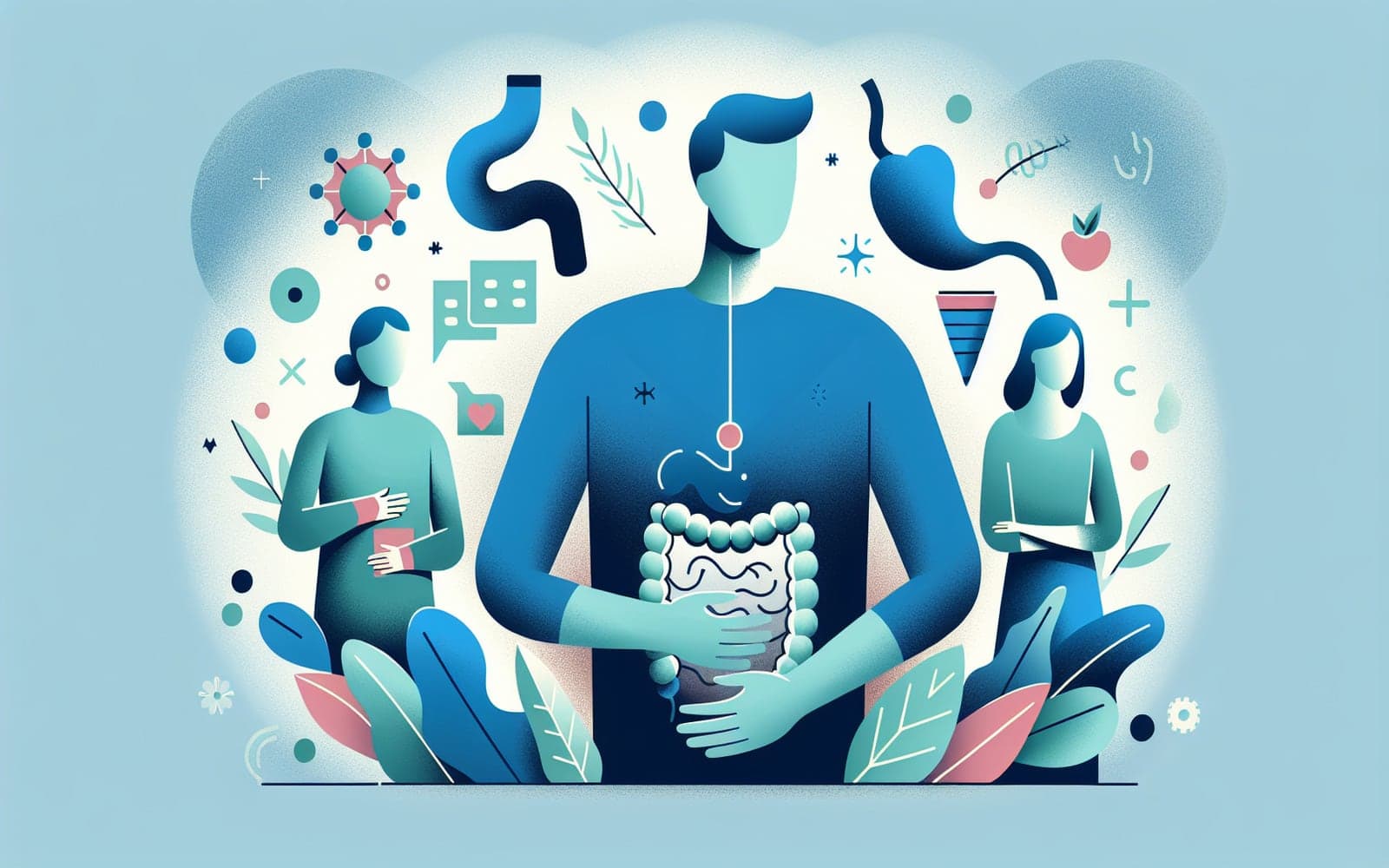Preventing Dyspepsia: Tips for a Happier Stomach
Published: Sep 06, 2023

Medically reviewed by Michelina Stoddard | MD, Ph.D, Joan & Sanford I. Weill Medical College of Cornelle University - San Antonio, Texas on September 6th, 2023.
Dyspepsia can be uncomfortable and disruptive, but there are ways to reduce the risk of developing it. Discover some simple preventive measures.
Contents
Mind Your Meals
Eating smaller, more frequent meals can help prevent dyspepsia. Avoiding rich, fatty foods and not eating late at night are also beneficial. Staying hydrated and chewing food thoroughly are simple yet effective practices.
Avoid Triggers
Identifying and avoiding personal triggers is key. Common triggers include spicy foods, alcohol, and caffeine. Keeping a food diary might help pinpoint what causes your symptoms.

Manage Stress
Stress can exacerbate dyspepsia symptoms. Techniques like yoga, meditation, or regular exercise can help reduce stress and improve digestion. Finding what works for you is crucial to managing stress effectively.
Frequently Asked Questions
Yes, eating habits can significantly impact symptoms.
Rich, fatty, and spicy foods are common triggers.
Stress can worsen symptoms, so managing it is important.
Yes, managing meal size and timing can help.
Key Takeaways
Simple lifestyle changes can go a long way in preventing dyspepsia.
Next steps include consulting Doctronic for personalized prevention strategies.Related Articles
References
Lacy BE, Talley NJ, Locke GR 3rd. Treatment options and management of functional dyspepsia. Aliment Pharmacol Ther 2012; 36:3.
Cangemi DJ, Lacy BE. Gastroparesis and functional dyspepsia: different diseases or spectrum? Curr Opin Gastroenterol 2020; 36:509.
This article has been reviewed for accuracy by one of the licensed medical doctors working for Doctronic. Always discuss health information with your healthcare provider.

